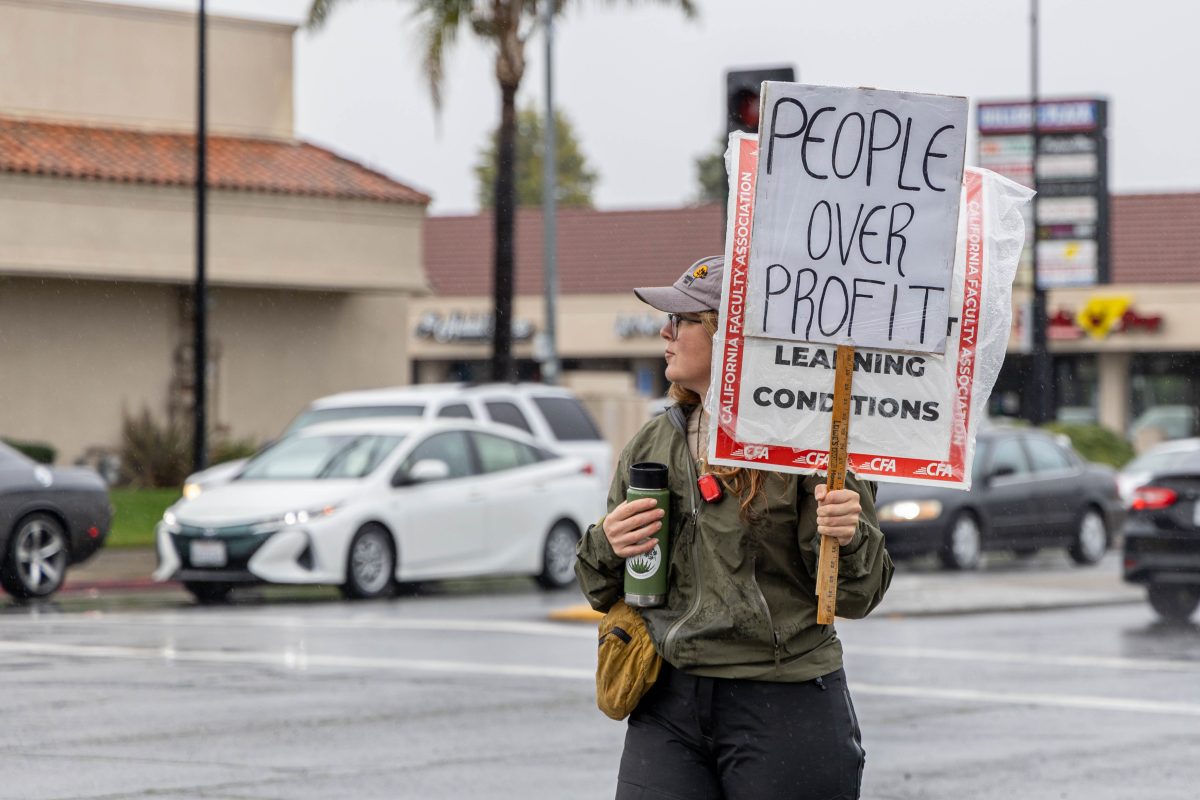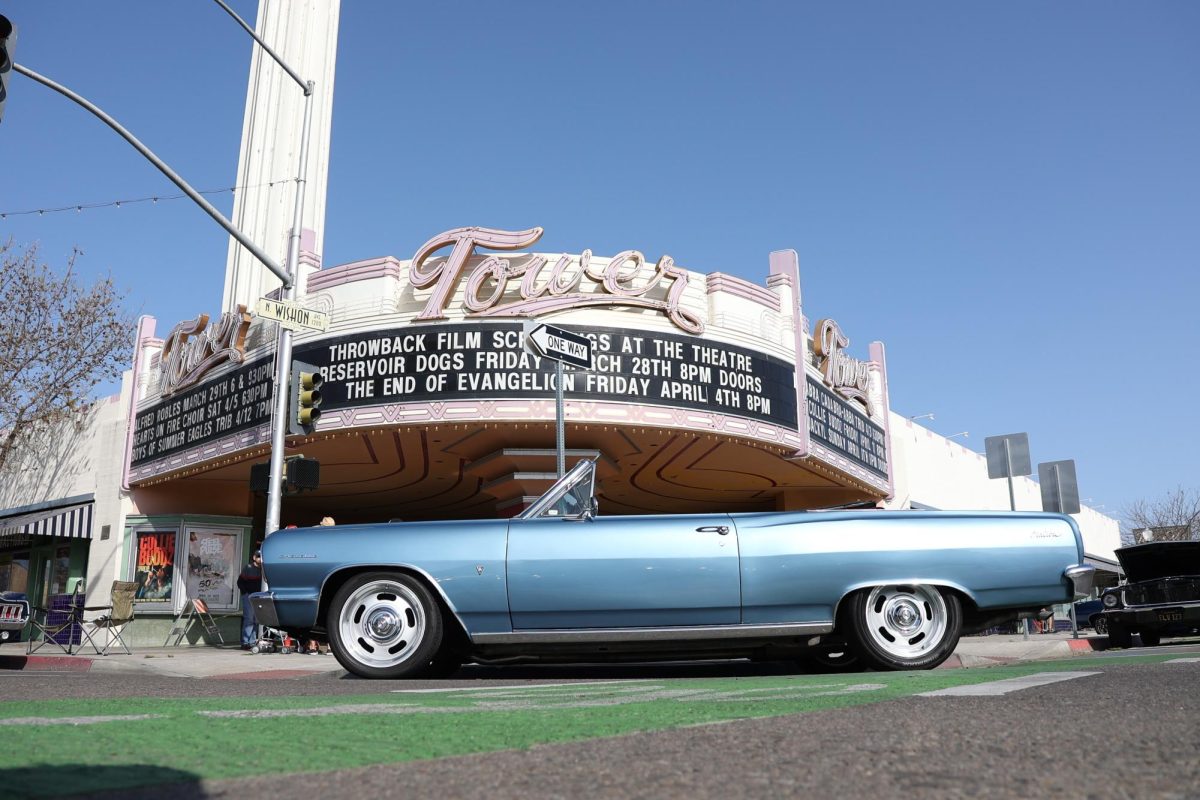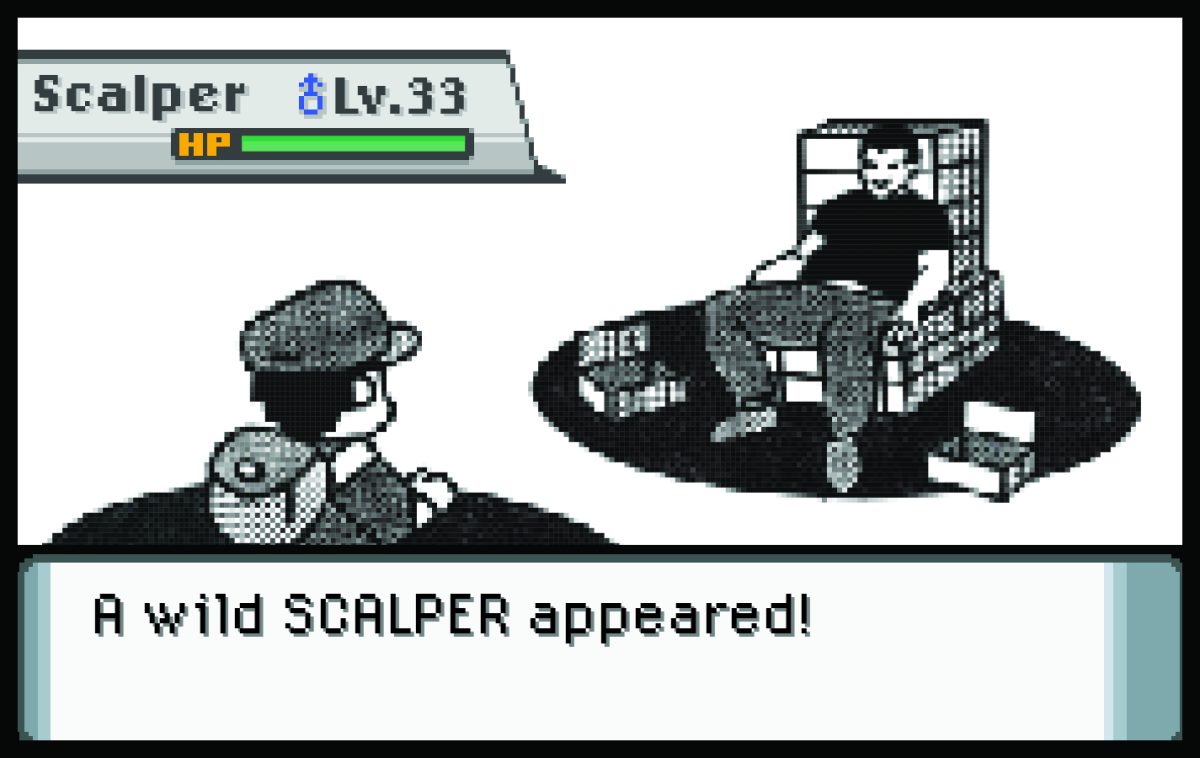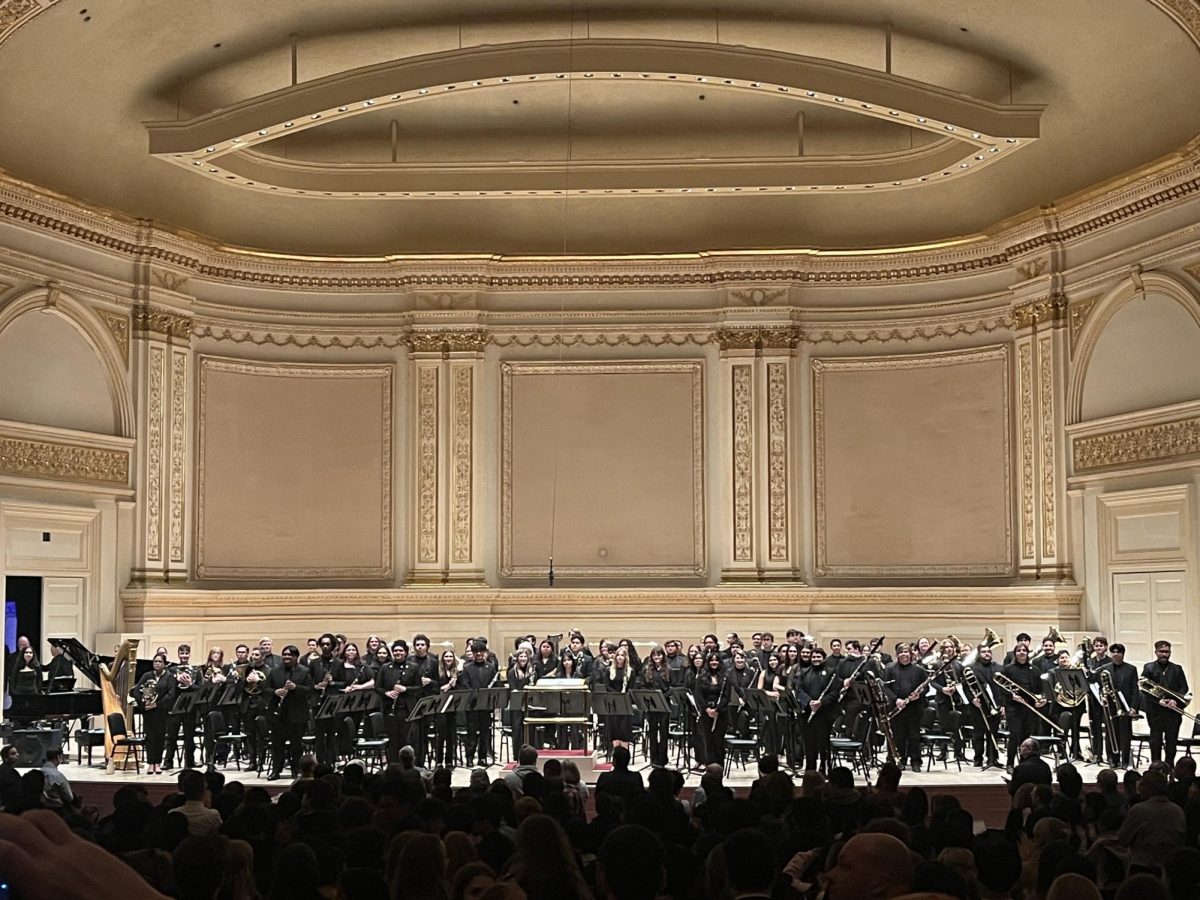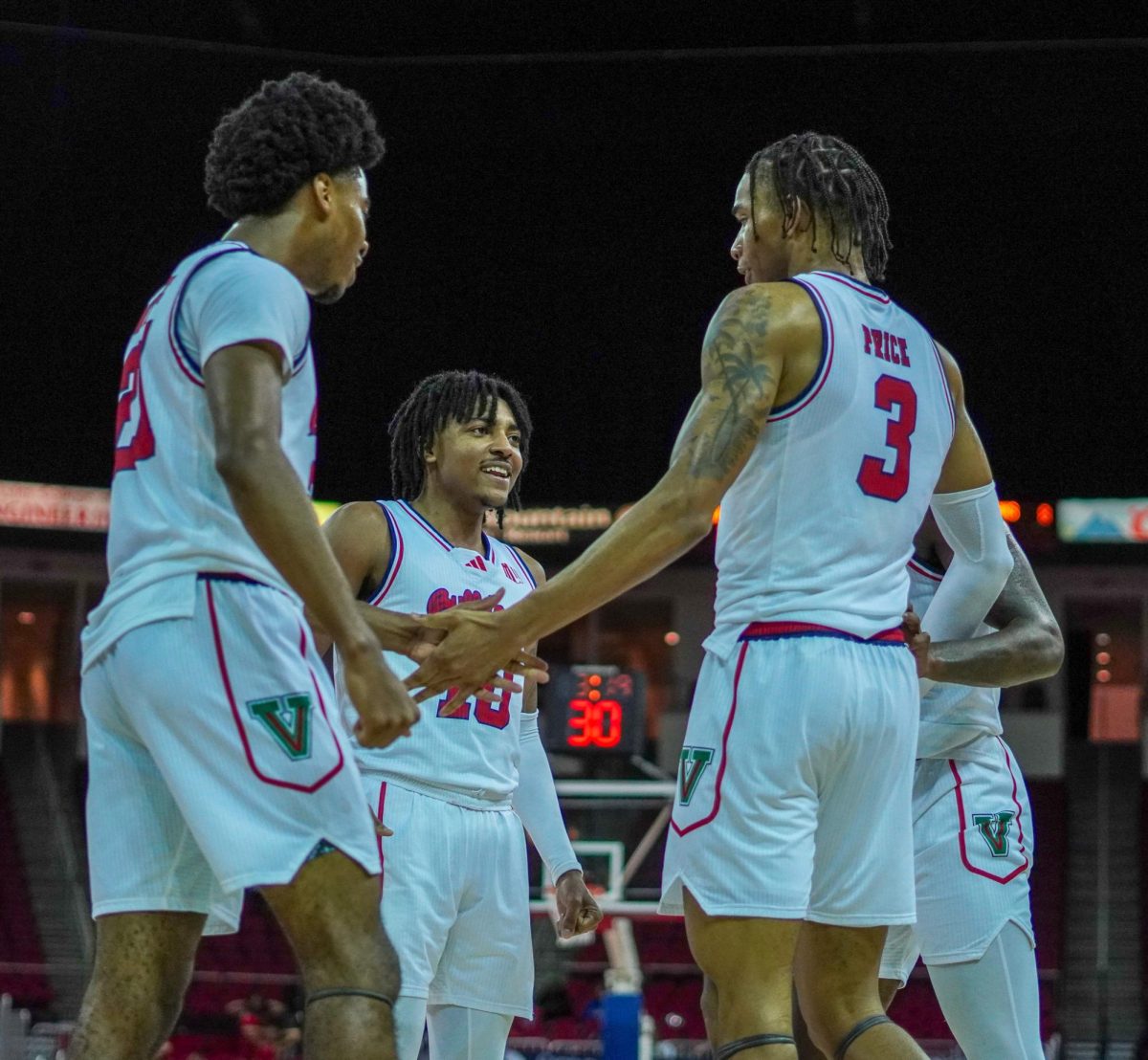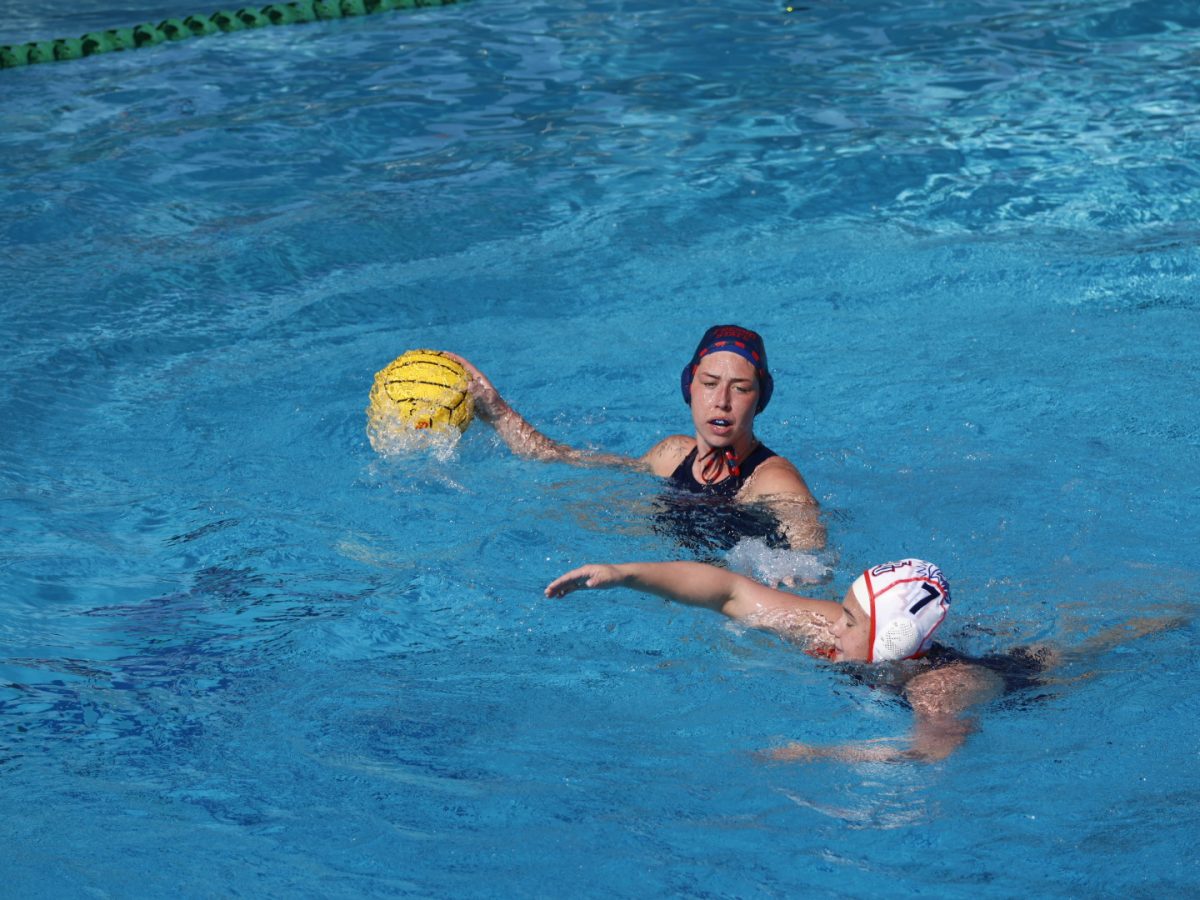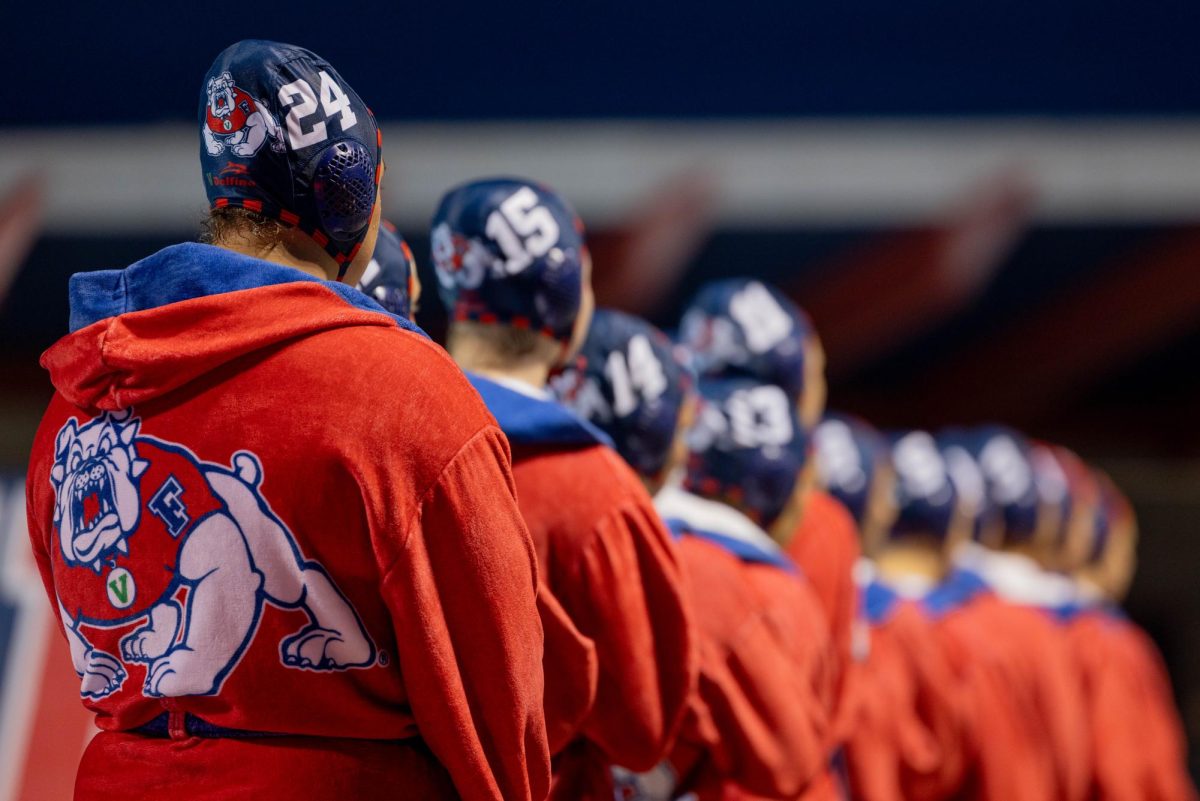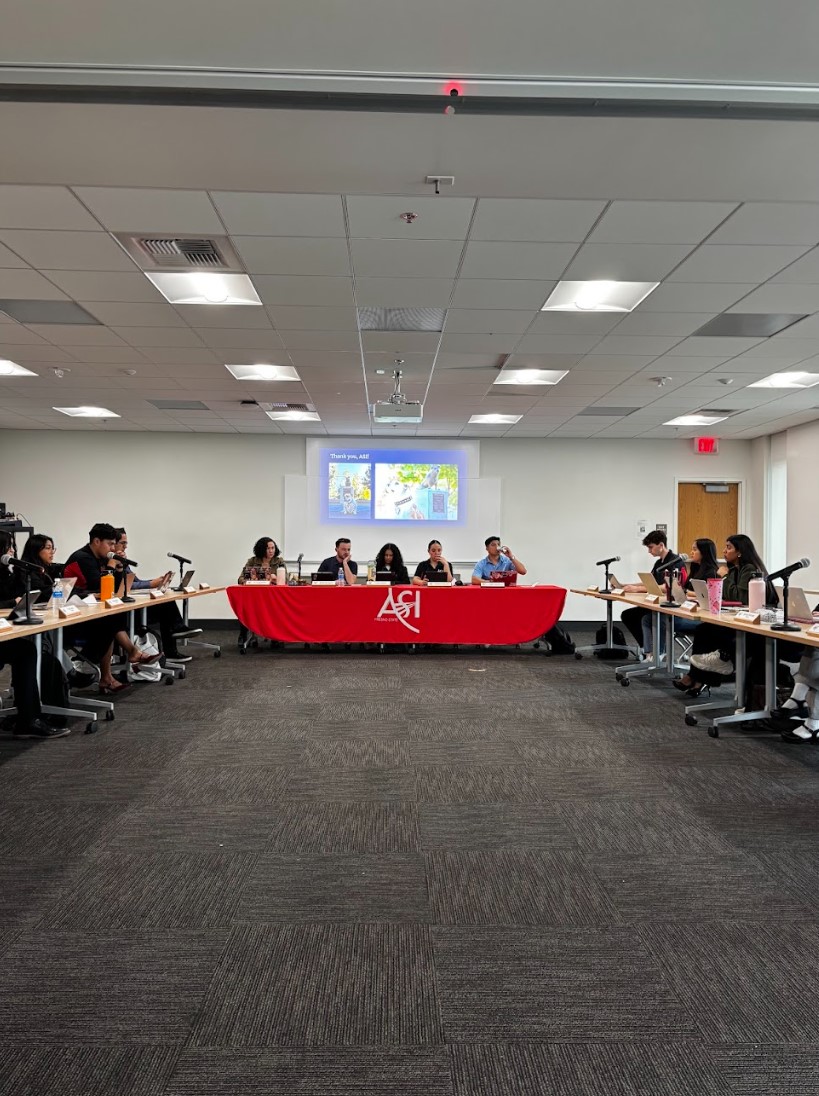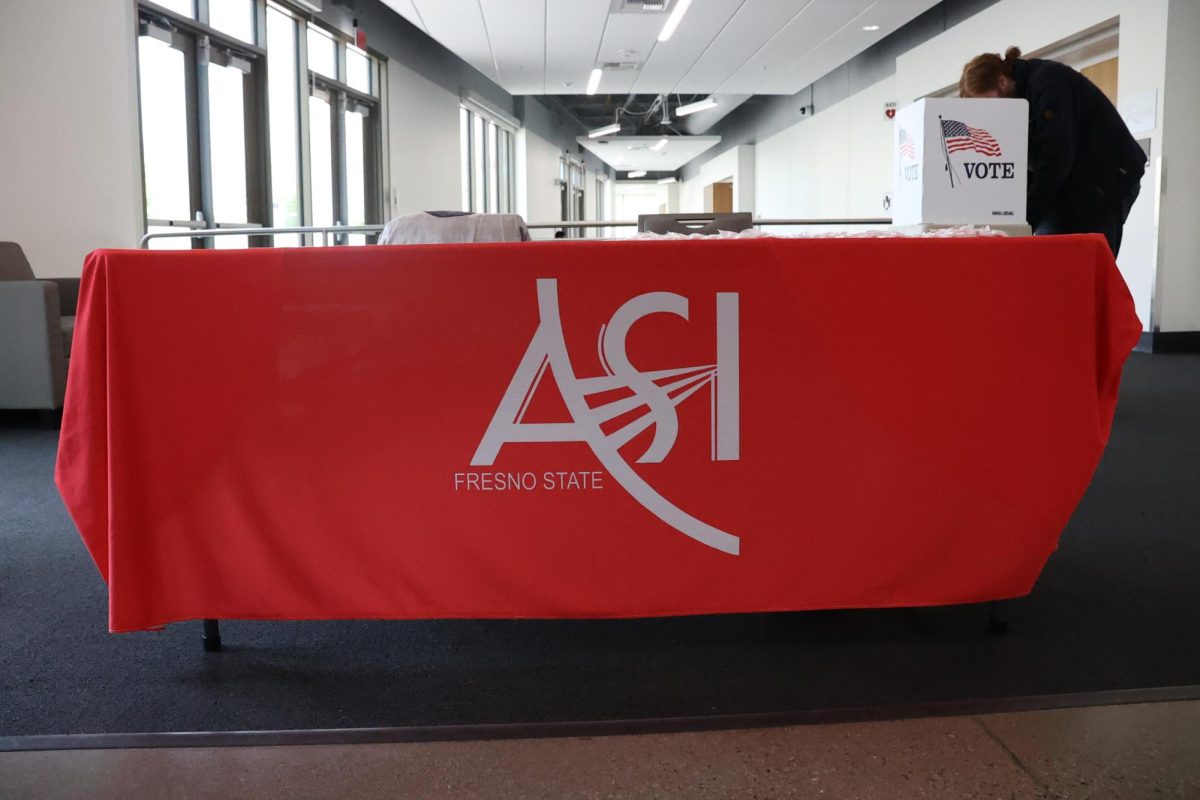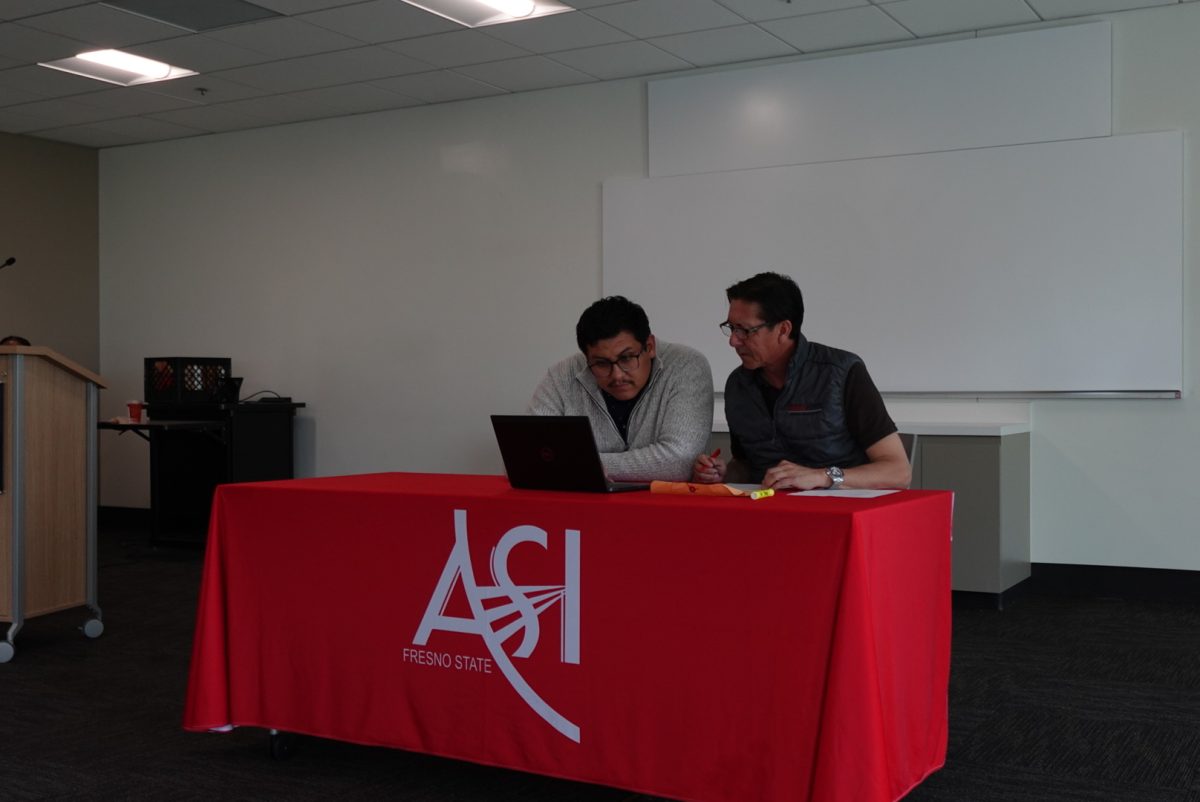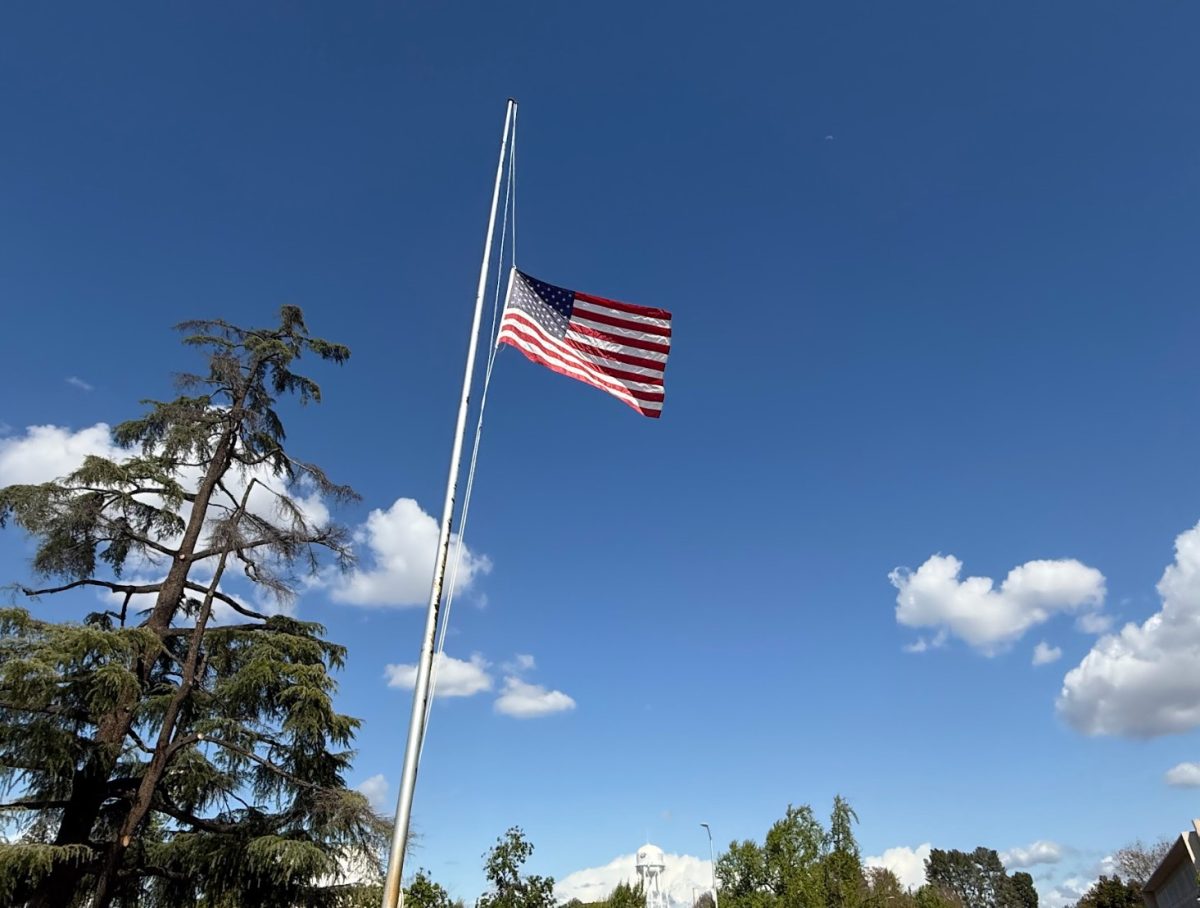The California Faculty Association (CFA) strike, planned from Jan. 22 to Jan. 26, lasted only a day after the California State University (CSU) came to a tentative agreement (TA) with the union.
On social media posts and in interviews with The Collegian, a number of CFA members appear to be unhappy with the agreement. Some are threatening to vote against ratification. Students are expressing their displeasure as well. CFA members at San Francisco State University opposing the agreement held a rally on Jan. 25 launching a “Vote No” campaign in order to overthrow the agreement.
However, the CFA encourages members to wait for the full proposal to be released before making up their minds. Officials say the deal is much stronger than it first appears.
The CSU has offered faculty from its 23 campuses, including Fresno State, a 5% general salary increase retroactive to July 1, 2023, and another 5% increase in July 1, 2024, contingent on the state not reducing the base funding to the CSU.
The second increase is not a guarantee because it depends on whether the CSU’s funding will be cut for the next academic year.
During the strike, the CFA demanded a 12% general salary increase. Now the CFA is facing backlash on its social media posts, which have drawn hundreds of negative comments. Many people share the belief that the CFA caved too easily.
In contrast, the CFA board of directors says the deal is an immense success.
“This historic agreement was won because of members’ solidarity, collective action, bravery, and love for each other and our students,” said Antonio Gallo, Associate Vice President of Lecturers, South in a faculty-wide email from the CFA board of directors. “This is what People Power looks like. This deal immensely improves working conditions for faculty and strengthens learning conditions for students.”
Concerns about inflation
Jacob Caraccilo, a general math major at Fresno State, thinks that the settlement could be improved.
“I felt like the workers got a lot of what they wanted,” Caraccilo said. “But I feel like all the demands that were made for students didn’t really come to fruition.”
Alison Mandaville, a Fresno State English professor, said faculty didn’t get salary increases that meet inflation.
“College presidents got up to 27% pay increases, but they’re not willing to go away from 5% for us,” Manaville said.
These demands for better wages came amid concerns from faculty that current wages make it difficult to meet workers’ financial obligations.
“Our lowest paid faculty actually make less for their starting salary full-time than the K-12 teachers in the area,” Mandaville said. “We can’t provide for our students if we’re not being compensated or given the working conditions we need.”
Virtual opposing meeting
On Jan. 26 the Rank-and-File Committee of Academic Workers at San Diego State University held an emergency virtual meeting calling for a “no” vote on the tentative agreement. The meeting was advertised on the Fresno State campus.
During the meeting, writers from a socialist blog, World Socialist Web Site, as well as faculty and students from CSU campuses expressed their anger with the agreement.
Members were skeptical of the CFA’s motives from the beginning. Announcing the strike’s end date caused members to question their dedication.
“There were a lot of faculty who were concerned about the CFA’s motives primarily because even before the strike started, they had announced the end date. They were also very clear that they had no intention of the strike continuing beyond that end date. So there was some question about how committed the CFA was to the strike,” one attendee said.
The attendee also said it’s clear that CFA knows people are unhappy with the agreement by the way they’re trying to convince people that it’s a good deal. CFA members, however, are feeling betrayed.
“The word betrayal has been consistently used to the point that you can see a slight moderation even in the CFA’s own messaging from sort of this ‘yay’ the strike worked, first message, to now please give us a chance,” the attendee said.
Another speaker said that the CSU system needs to stop stealing from the students and that the money being used to pay the salaries of the administrators should go to the campuses, and any insecurities students and faculty face.
“We need to end that process and bring all that money back and reinvest it in our university, including subsidized housing for graduate students, and subsidized housing for new faculty,” they said.
The speaker also explained his frustration with administrators and that their salaries should be used instead to finance free tuition for California residents.
“We need to end homelessness and hunger among our students and we need to move towards free tuition for every California resident paid by the egregious salaries of all those people we’re going to fire,” they said. “We need to go hard on these administrative jackasses, these NBA losers, no more consultants, no more garbage. No more of this crap they’re trying to sell us…these guys have to go, million dollar Mildreds (referring to the CSU chancellor) have to go.”
Lecturer issues
The number of working hours for pay was a motive for many faculty members to go on strike in addition to wages because some faculty don’t get paid for any working hours they do before or after the semester.
“As a lecturer, we have contracts that start and end when the classes start and end,” said Teresa Brooks, a biochemistry lecturer at Fresno State. “So we are not paid for any of the preparation work that we do before the semester begins and we are not paid for all the grading after finals come in. If you grade after the last day of the semester, you’re not being paid for those hours.”
Things are no different for anyone who may need to go on maternity leave. Whether it be six weeks or 10 weeks, that’s not enough for Brooks.
“Our family leave is ridiculous,” Brooks said. “Lecturers care about our students, we care very deeply and we will not abandon them. So realistically, our family leave needs to be a full semester so that we don’t have to struggle to make accommodations when we add a member to our family.”
The CFA’s Facebook page received negative feedback, saying that the 5% pay increase was already offered before Jan. 22 and that accepting it made the strike pointless.
“I am very disappointed,” said Gabriel Chavira, a professor of psychology at California State University, Northridge. “As a CFA member for 19 years, I can’t believe you gave in after one day. [A] 5% was already approved by the CSU without the need for a strike. We will never see the 2024 5%.”
The CSU offered similar terms in late 2023, which included a 5% salary increase for the current fiscal year as part of a 15% general salary increase over three years. The CFA rejected this offer.
CFA’s response
CFA released a statement via a faculty-wide email in support of the agreement three days after the strike ended.
“The TA (tentative agreement) is a win in our battle for a just CSU. We are building for the future,” said Vang Vang, CFA Treasurer and Fresno State librarian in the email. “We joined in solidarity for what we believe in, and we got the best deal that we could in a limited reopener bargaining, including large raises to the salary floors for our lowest-paid. If the TA is approved, we are bargaining again in one year and will continue our ongoing fight for rights, respect, and justice for all our members.”
Union members dissatisfied
However, some faculty members disagree and think the union has let them down.
“I’m disappointed the CFA agreed to so little. What happened to hiring more counselors? Why are we OK with the administrators not explaining the $8 billion stashed away?” said Vera Margoniner, professor of physics and astronomy at Sacramento State.
Some have even lost confidence in the CFA after the tentative agreement and considered leaving the union.
“I’m not paying my union dues anymore unless there’s a change in leadership, the union is a complete sellout. If we’re going to agree to this, why did they even initiate a strike? They don’t care about us at all,” said Pablo Ben, a history professor at San Diego State.





